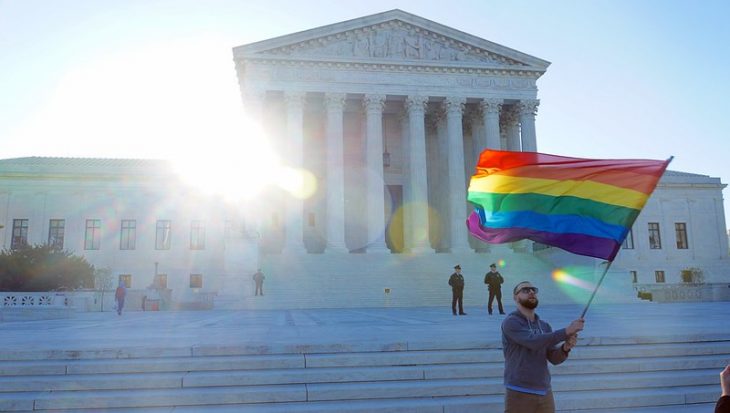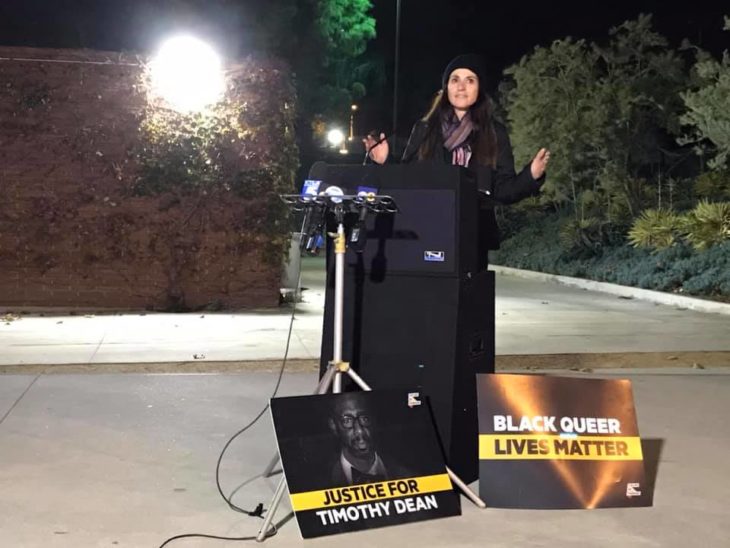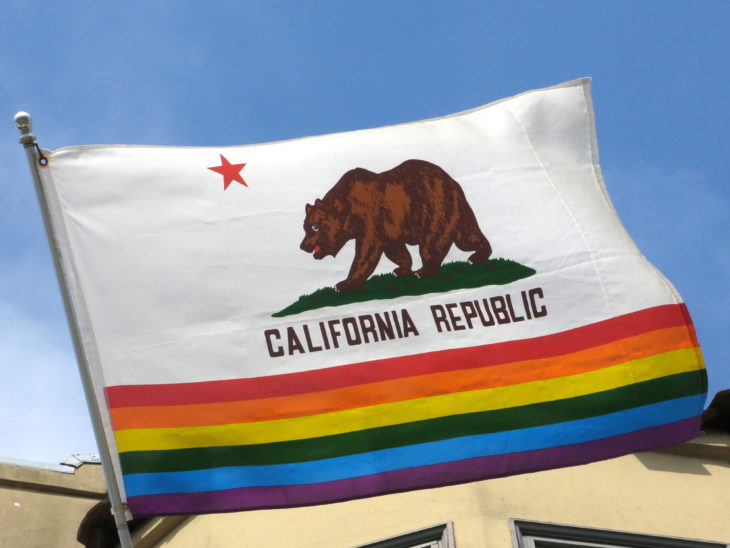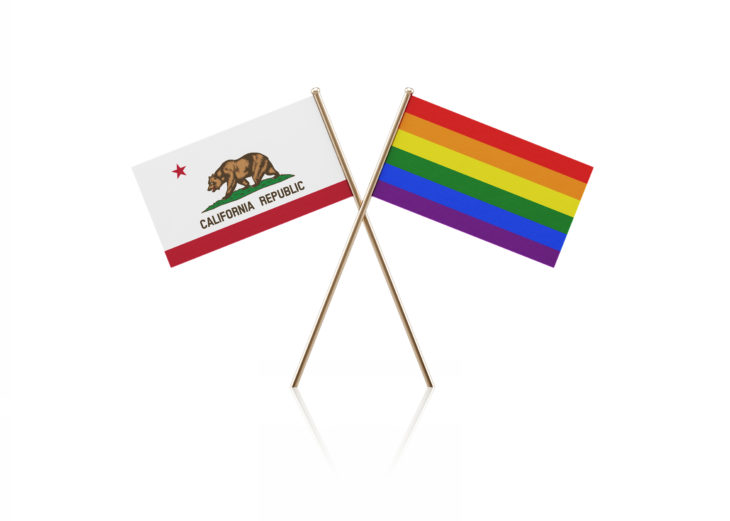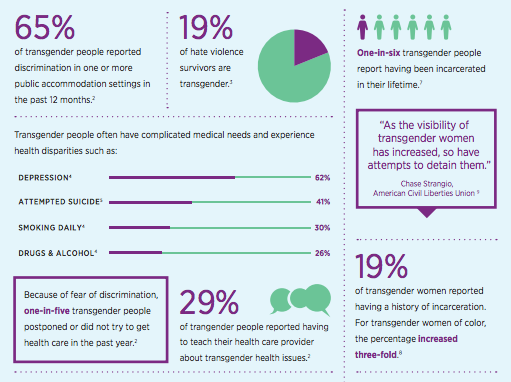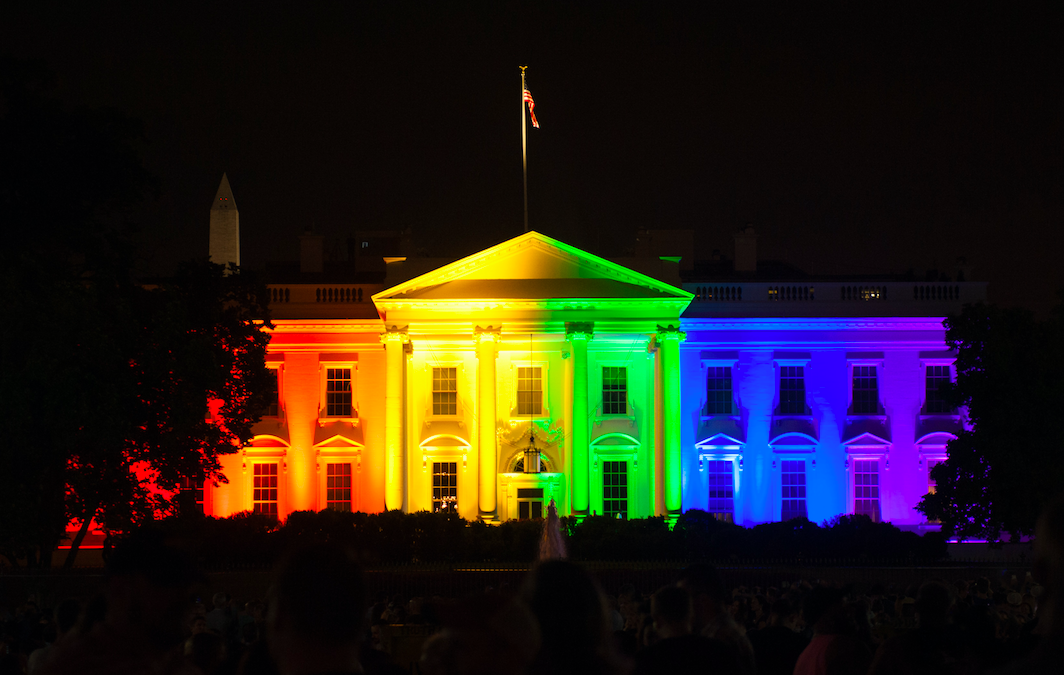
BY STAFF | In what is likely to be a first step toward an expansion of Title IX, the law that prohibits discrimination on the basis of sex in federally funded education programs, United States District Judge Dean D. Pregerson ruled that a sexual orientation discrimination case brought against Pepperdine University may move forward in court.
In Videckis v. Pepperdine University, two former women’s basketball players maintain their coach and University staff members “harassed and discriminated” against them in an effort to force them to quit the team after discovering they were a lesbian couple.
Layana White and Haley Videckis, claim “the university violated their privacy as well as Title IX of the U.S. Civil Rights Act.”
Pepperdine argued “Title IX did not cover claims based on sexual orientation discrimination,” according to court documents. Pepperdine argued that because the women’s relationship was not known to them the claim of discrimination or retaliation based on sexual orientation was moot. The judge rejected the logic: “In sexual orientation discrimination cases, focusing on the actions or appearance of the alleged victim of discrimination rather than the bias of the alleged perpetrator asks the wrong question and compounds the harm. A plaintiff’s ‘actual’ sexual orientation is irrelevant to a Title IX or Title VII claim because it is the biased mind of the alleged discriminator that is the focus of the analysis. This is especially true given that sexuality cannot be defined on a homosexual or heterosexual basis; it exists on a continuum. It is not the victim of discrimination who should be forced to put his or her sexual orientation on trial. We do not demand of a victim of alleged religious discrimination, ‘Prove that you are a real Catholic, Mormon, or Jew.’ Just as it would be absurd to demand that a victim of alleged racial discrimination prove that he is black, it is absurd to demand a victim of alleged sex discrimination based on sexual orientation prove she is a lesbian. The contrary view would turn a Title IX trial into a broad inquisition into the personal sexual history of the victim. Such an approach should be precluded as not only highly inflammatory and offensive, but also irrelevant for the purposes of the Title IX discrimination analysis.”
Judge Pregerson ruled that sexual-orientation discrimination is sex discrimination: “Here, Plaintiffs allege that they were told that ‘lesbianism’ would not be tolerated on the team. If Plaintiffs had been males dating females, instead of females dating females, they would not have been subjected to the alleged different treatment. Plaintiffs have stated a straightforward claim of sex discrimination under Title IX.”
The judge says his ruling aligns with the Equal Employment Opportunity Commission decision that maintains sexual orientation is discrimination under Title VII, which prevents sex discrimination in the workforce.
Aligning Title VII and Title IX rulings is “a crucial part of the case,” making for a “proper ruling,” said a spokesperson for Lambda Legal.
The lawyer for Videckis and White, Jeremy Gray say that “a simple way to consider the issue of whether the word ‘sex’ in Title IX applies to our clients’ claims, is to ask a straightforward question. If we were to change the gender (sex) of one of our clients would there have ever been an issue with their relationship? Of course not. By definition, the sex of our clients was an essential component of the discrimination — and Title IX applies here.”
Pepperdine University Public Relations Office: “The court’s broad interpretation of Title IX and its application to this specific case is surprising.
Pepperdine always strives to act in the best interests of its students and the teams on which they play. A thorough and comprehensive investigation confirmed this and found no evidence to support the plaintiffs’ allegations. The University anticipates that the court will reach the same conclusion.
Our University remains committed to a diverse and inclusive environment.”



